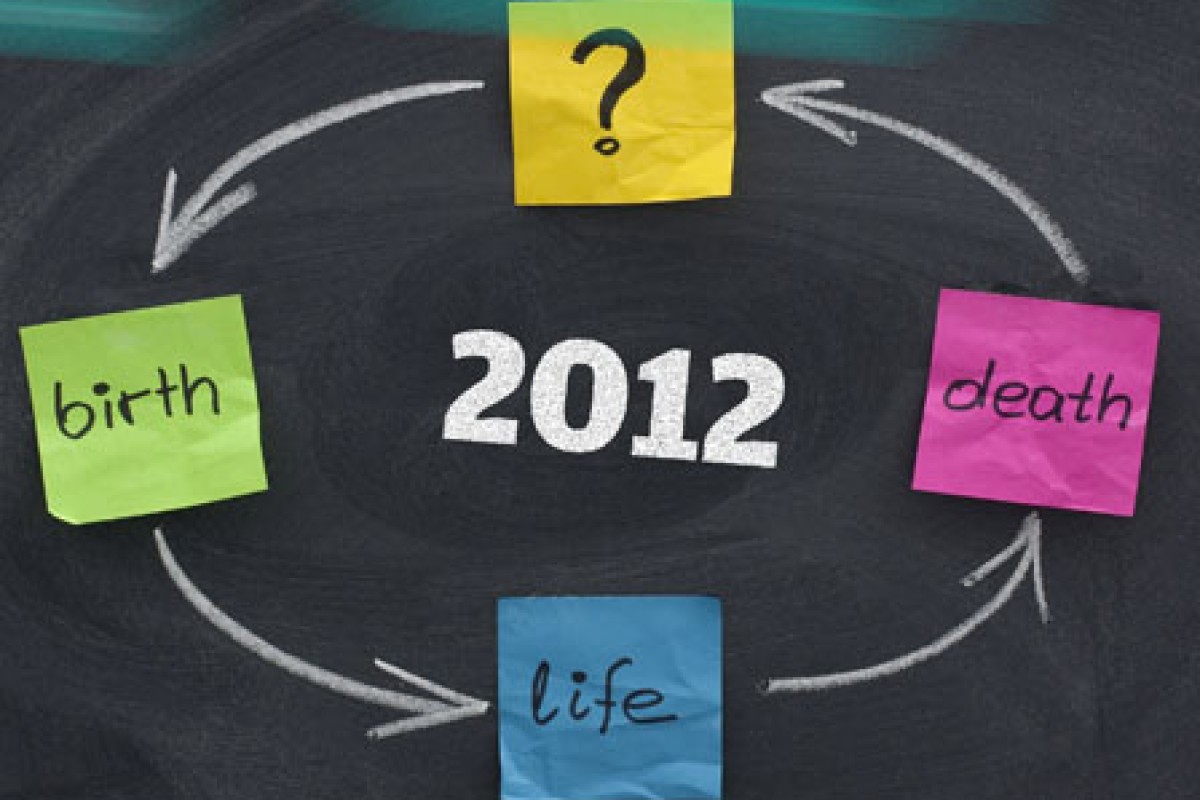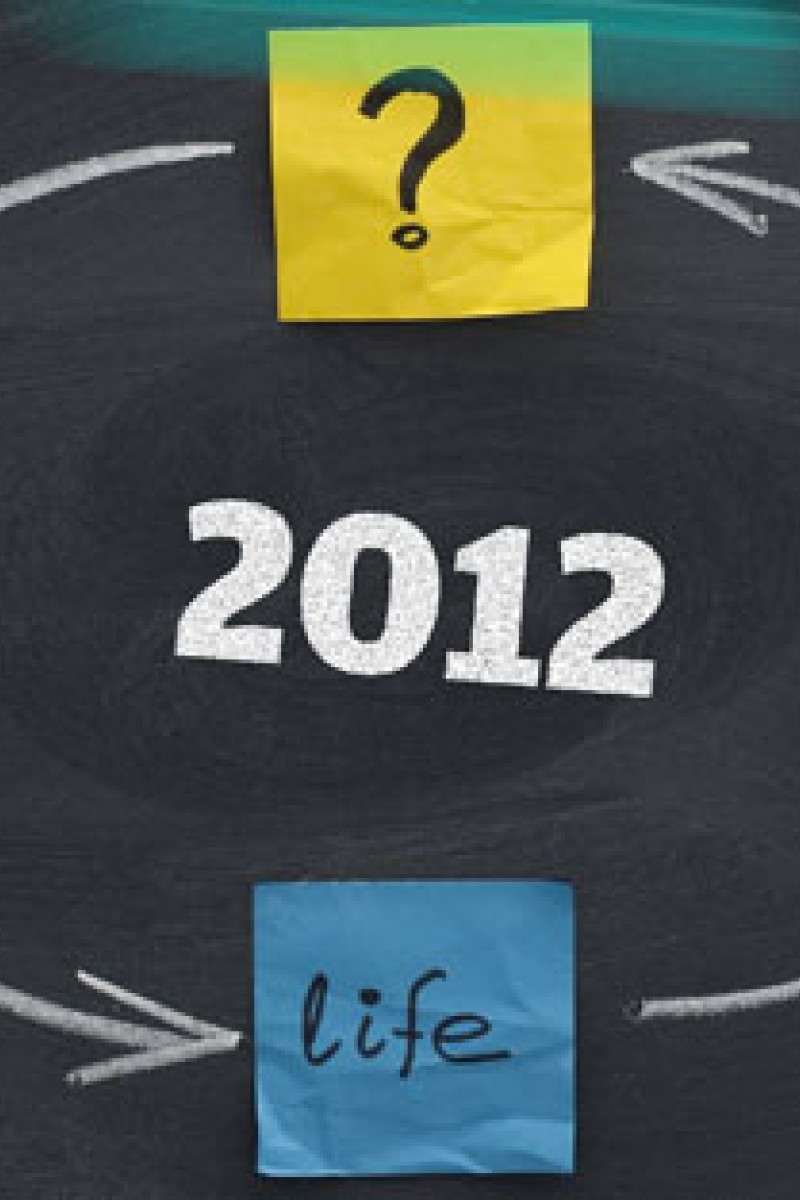 iii
iiiIf New Age philosophy holds that the world is going to end on December 21, 2012, in accordance with an alleged prediction in the Mayan 'long calendar', we might wonder what traditional Chinese culture has to say about it.
The answer is much less than Western Christianity, which believes there will be a Judgment Day, or a final reckoning. According to Professor Wong Kin-yuen of Shue Yan University, in Chinese Buddhism - which plays an important role in Chinese culture - endings are always followed by a new beginning.
The specialist in intercultural studies says: 'The biggest difference between thinking in the East and the West is that for the former the philosophical tradition is non-linear, while for the latter it is linear. In the Western tradition, there is a final ending to things. In Eastern thought, there is no ending but an endless cycle of beginning and ending.'
Wong says in Buddhism, the beginning and end of the world consist of four stages: cheng, zhu, huai and kong. These four stages represent a cycle that go on and on without end.
'In the cheng stage, the 'world' is formed,' says Wong. 'Next is the zhu stage, during which people live peacefully on earth. When this period begins to deteriorate, the world moves into the huai stage.
'In this stage, the world will experience 'three small disasters' and 'three big disasters'.'
Wong explains that the three small disasters are war, pandemics and famine, while the three big disasters refer to fires, floods and hurricanes. In the final kong stage, everything is destroyed but it is not the ending. After kong comes another cheng and the cycle continues.
With the earth facing environmental issues such as climate change and rising sea levels, we may be entering the huai stage, says Wong.
'The disasters mentioned in Buddhism are closely related to the situation the world is facing today. Human activities have led to disastrous changes in the environment, such as rising sea levels and super-powerful hurricanes. This is just like the deluges and hurricanes of the three big disasters.'
In Buddhism, the world moves from the peaceful zhu stage to the catastrophic huai stage because humans have forgotten about the importance of doing good.
Confucianism, a philosophy that had deeply affected Chinese for more than 2,000 years, focuses on human relations and has very little to say about doomsday. 'Confucianism is an ethic oriented to human relations,' says Wong. 'It focuses on present conditions and does not to touch on life after death and the end of the world. As a result, Chinese do not have any significant doomsday legend or prophet. Like Christianity, Confucianism encourages people to do good, but there's no afterlife punishment for those who don't.'
<!--//--><![CDATA[// ><!-- PDRTJS_settings_992147 = { "id" : "992147", "unique_id" : "default", "title" : "", "permalink" : "" }; //--><!]]>